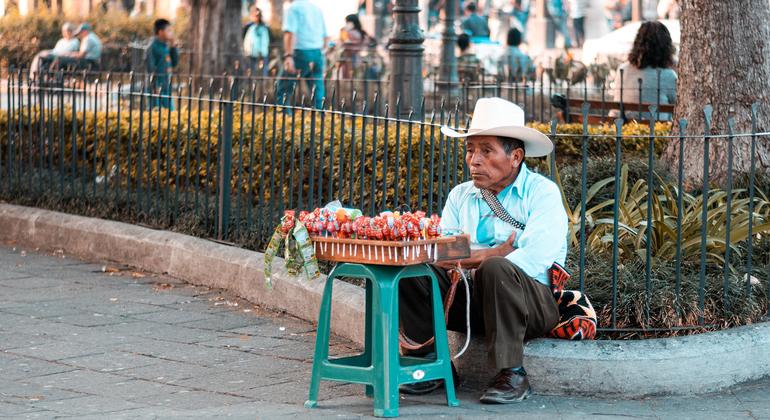The UN Human Rights Committee has declared Guatemala responsible for the failure to implement resettlement agreements and other reparative measures agreed upon with the Maya K’iche’, Maya Ixil, and Maya Kaqchikel peoples. This decision comes in the context of the forced displacement that these communities have suffered over the years.
In 2021, 269 individuals from these groups brought their case to the Committee, arguing that their rights, as stipulated in the International Covenant on Civil and Political Rights, had been violated. The complaints refer to the lack of compliance with the agreement reached in 2011, which included the construction of alternative housing for those forcibly displaced during the scorched-earth operations of the internal armed conflict in the 1980s.
Hélène Tigroudja, a member of the Committee, emphasized that the issue of forced displacement remains relevant until the victims have the opportunity to return to their homes or are resettled under safe conditions. The Committee highlighted that the communities suffered violent uprooting, forcing them to abandon their lands and seek refuge in the capital, which has led to a concealment of their cultural identity. The loss of access to traditions and languages has created an irreparable void, affecting not only the survivors but also future generations.
The impact of this crisis is even more profound due to the intergenerational trauma affecting these communities, especially the children born into situations of displacement. The Committee also recalled the atrocities of the scorched-earth operations, where many victims were unable to carry out funeral rituals, a fundamental right that was taken from them.
In light of these human rights violations, the Committee has urged the Guatemalan state to identify and return the remains of the disappeared relatives, allowing them to be honored according to their traditions. Additionally, it has called for the immediate construction of the agreed-upon housing, access to medical treatment, educational scholarships, and a public acknowledgment of responsibility that includes a formal apology. It was also required that the contents of the decision be translated into the languages of the involved Maya peoples.
Referrer: MiMub in Spanish










